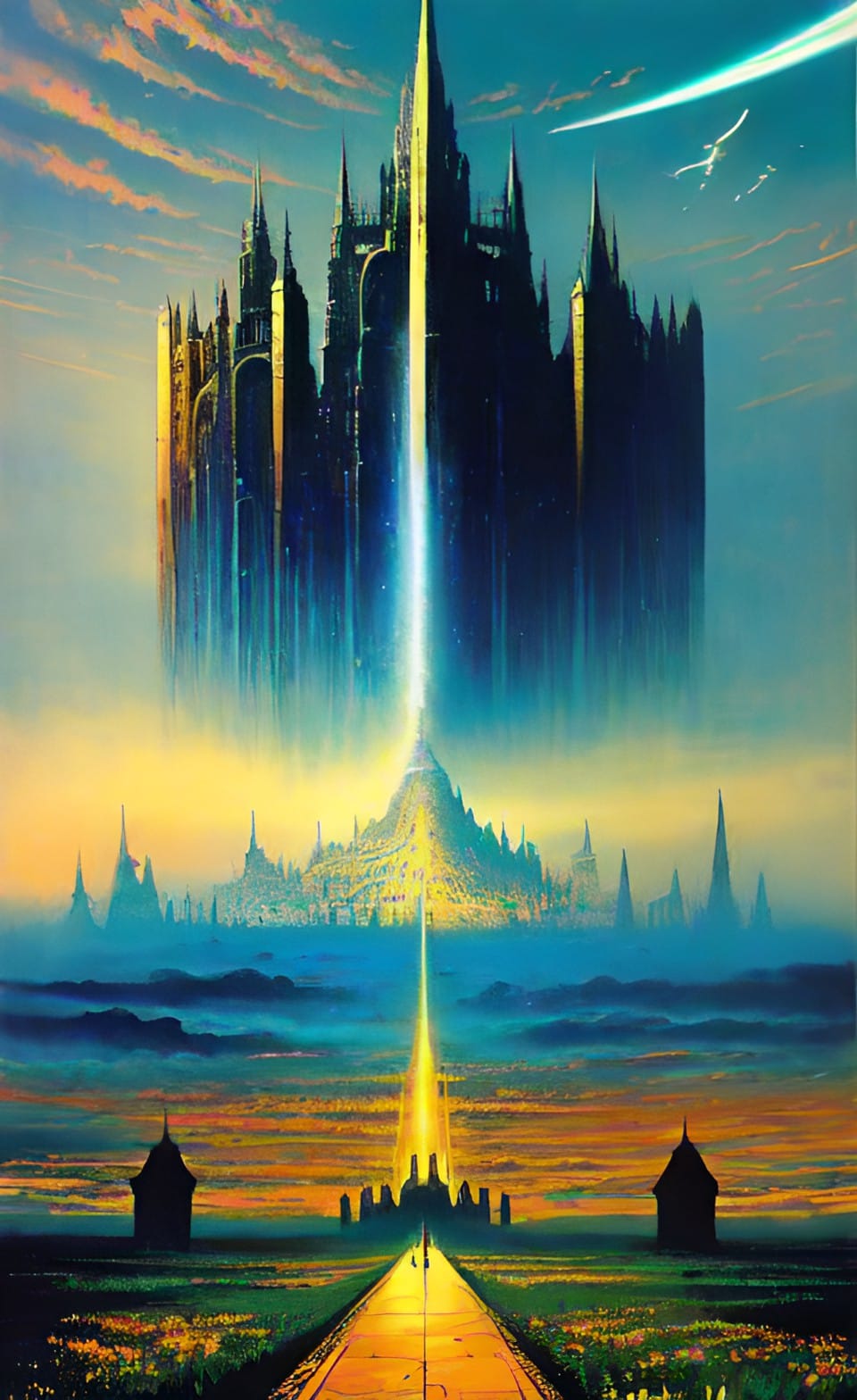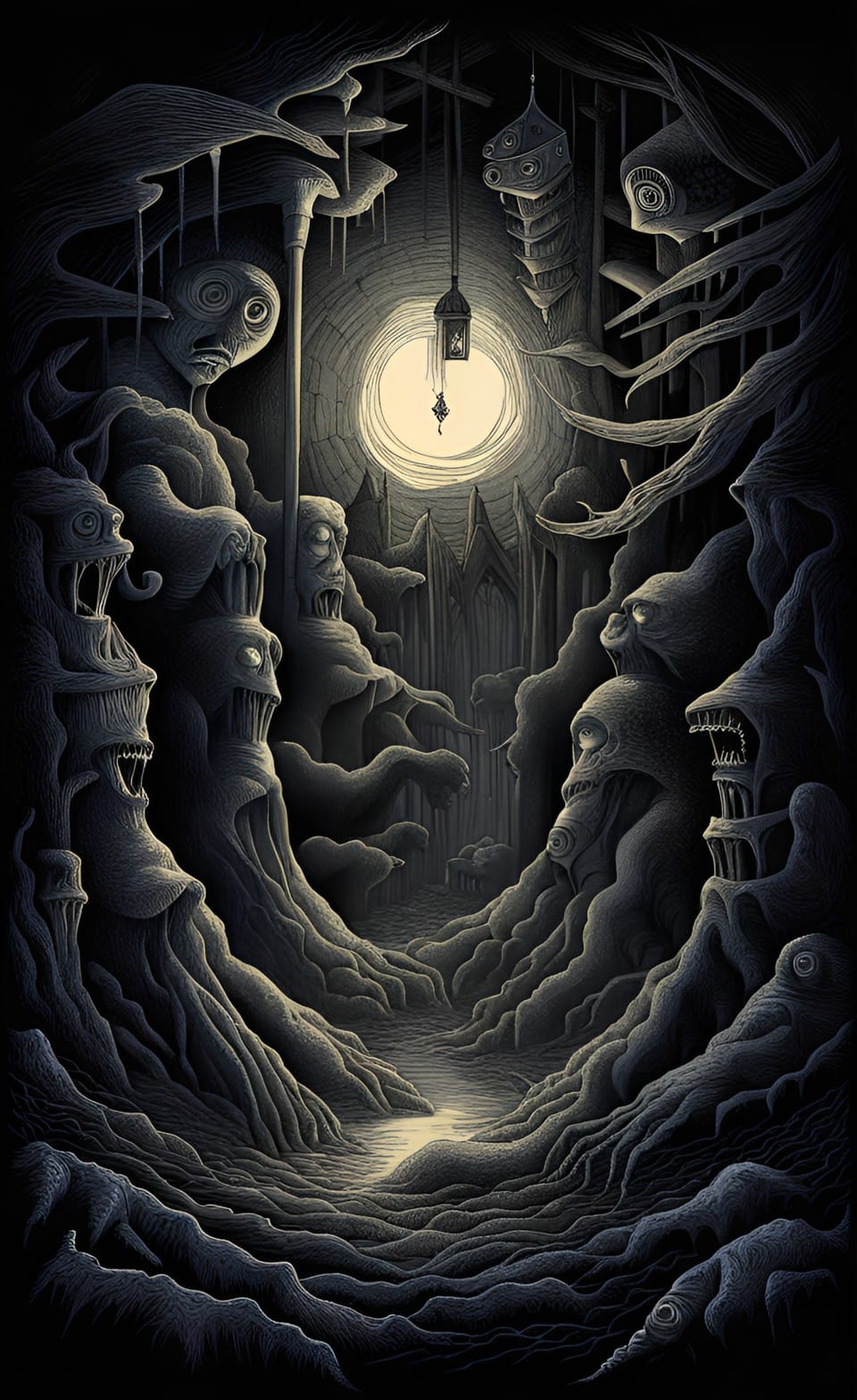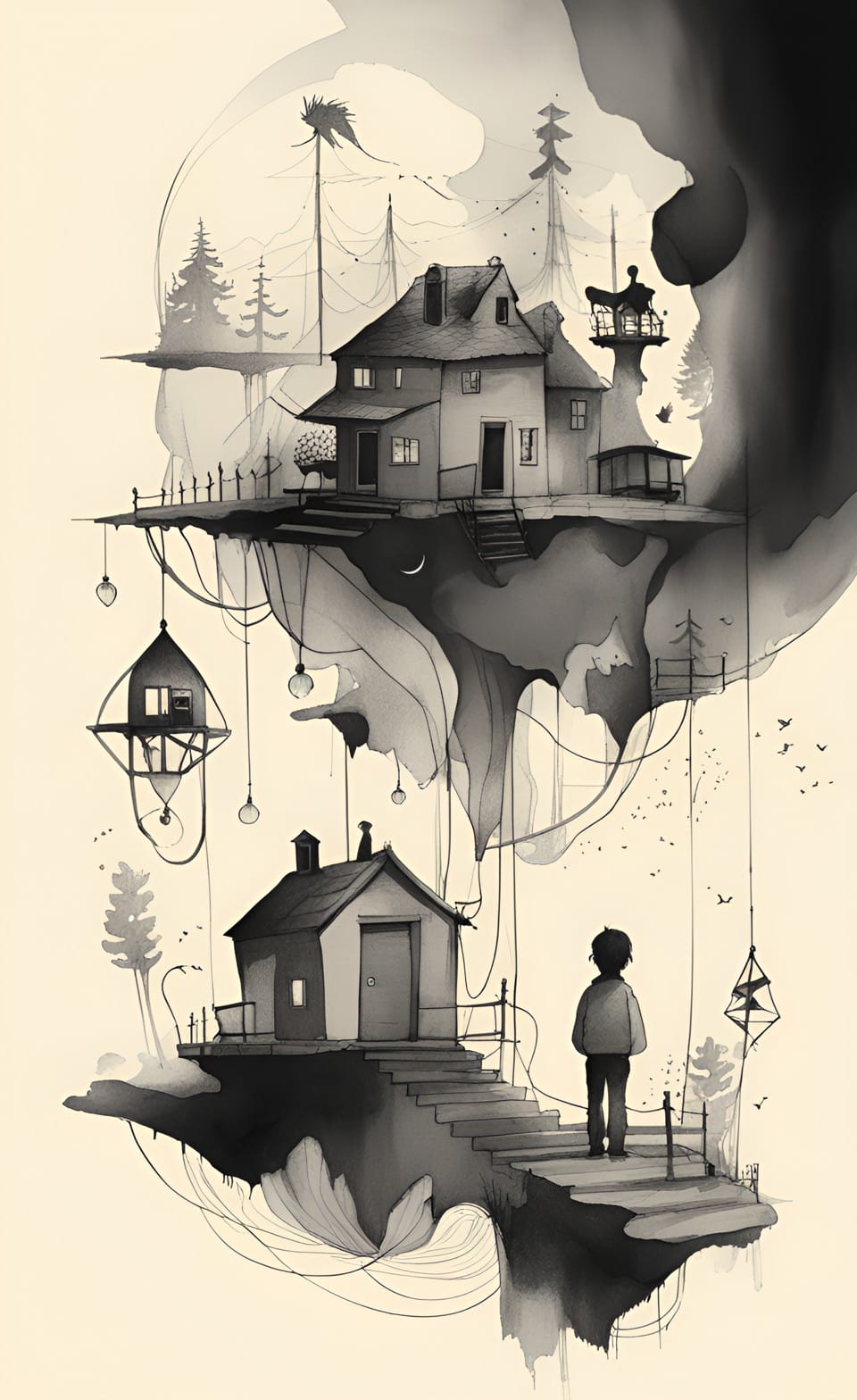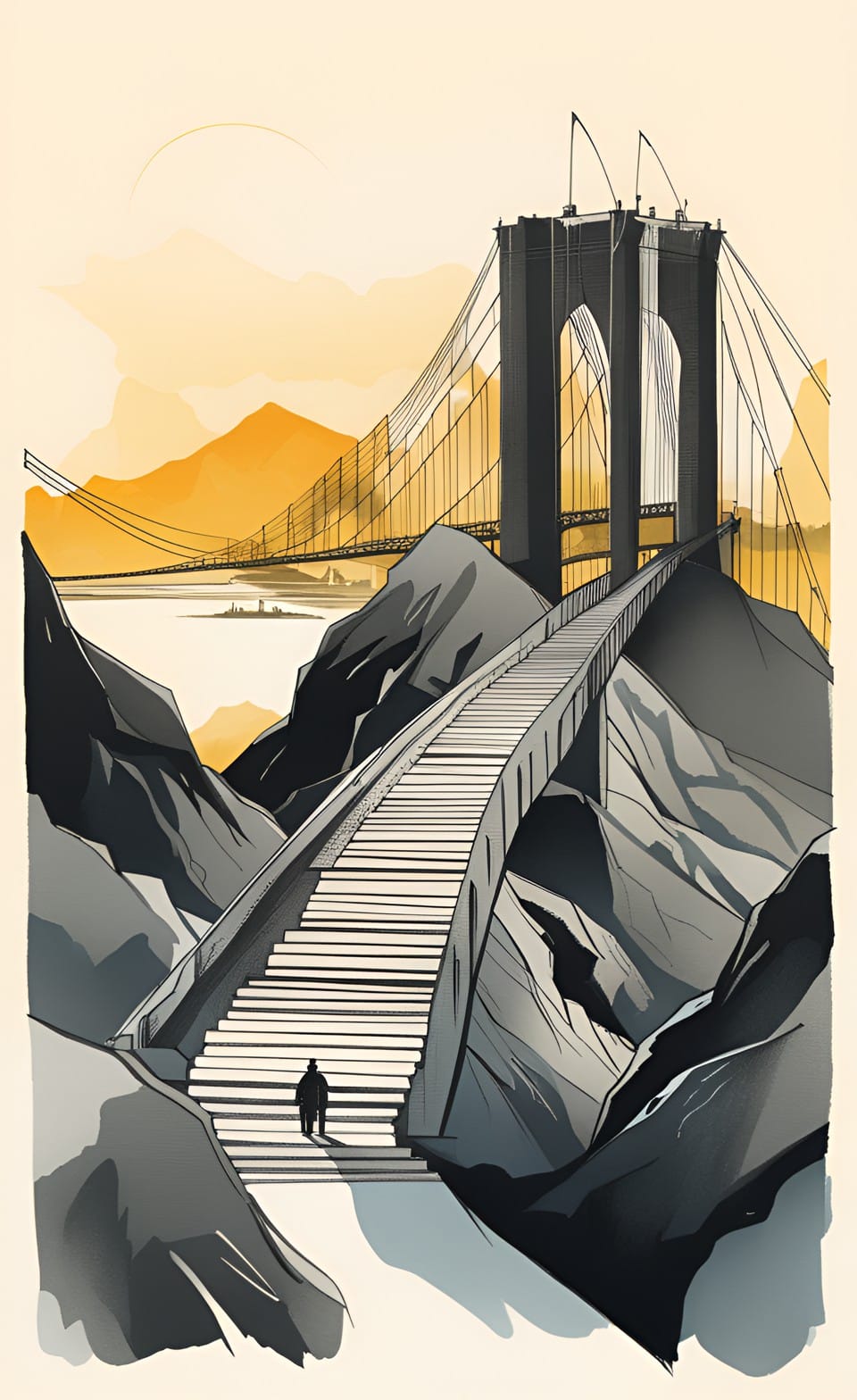Ronan Loughney • • 11 min read
On Vulnerability, Sexuality and Self-Acceptance: How opening up about the things we are ashamed of is a key step to wholeness

Although not specifically referring to the retreat, the piece below is about insights that came to me as a result of our most recent Apotheosis retreat. It points therefore to how life-changing the insights we receive from such experiences can be, and can be seen as a reminder of the spiritual axiom: "However the medicine works on you, it will be in ways you did not expect."
More specifically, it is about sharing a painful memory from my past in order to liberate myself from the hold it has had over me, to take ownership of what happened and define my own future, and to give others permission to do the same themselves.
When I was aged thirteen and three-quarters, just like Adrian Mole, I started keeping a diary for the first time. And just like Adrian Mole, it catalogued my most intimate thoughts and feelings, which principally - being a teenager - revolved around sex and sexuality. Attending an all boys school as I did, much of my sexual interest was directed to other boys in my year. And in my diary, I explored the fantasies that I had regarding these boys, my longings to be kissed in some moment of stolen passion, or to discover a longing hidden within them of equal intensity. The diary was my confessional, and each day I would find solace in pouring into it whatever yearnings of my heart had begun to overspill the banks of rumination, needing to find expression in the world.
A month or so into these private confessions, I went on summer camp with my school, somewhere in the Lake District in England. And I brought this diary with me. I cannot be sure why that was. Perhaps because I was so convinced of the sanctity of this private world, so separate did it seem to my public existence. Or perhaps there was some subtle desire in me to be discovered, to be seen for everything I was even when I felt barely able to see it myself (which is what all humans desire in one way or another.) Regardless of my conscious or subconscious intentions, fate had decided that something fundamental would change that day.

My diary was discovered. My secret out. And I experienced the revelation as a kind of death. One moment I was safely ensconced in my own private reality. The next, someone mentioned something, seemingly off the cuff, about enjoying reading some passage or other, before laughing and spinning away.
The world seemed to close in around me, and a great heaviness set in. It was exactly like being inside a nightmare but then continuously waking to find that it was real. I could not speak and could barely move until I got home. With no resources to make sense of what had happened or protect myself, I remember running a bath and crying bitterly, arms clinging to my knees as I softly shook. I prayed to God to reverse what had happened, making all kinds of childish negotiations with him. I would forever be good if this could only be made not true. Even if the past could not be miraculously changed, I begged him to be rid of these feelings, to just be straight, to just be normal.
Nowhere is sexuality more repressed and shameful than in an all-boys school. And so the shame and confusion that I know now must have been felt by so many of the boys in my year was instead thrust onto me, the sacrificial offering for the sexuality forbidden by the school and society more broadly.
The following weeks were the worst of my life. My greatest fears as a teenage boy had been realised. Because what a teenage boy fears most of all is ostracisation from the group. Everyone was a threat. Everyone, seemingly, had read my most intimate and private confession. Boys would emerge in the corridors, quoting passages from my diary to me, or I would discover sections of it written out in my homework book when I got home.
A full twenty years on, up until now I had thought that what happened was merely a painful moment in my past. But I have begun to realise that, such was the degree of rupture and internal disassociation I experienced as a result, I carry the wound from that event around with me in everything that I do.
WHY AM I SHARING THIS WITH YOU?
Social media is riddled with wanton acts of vulnerability, from shameless excuses for peddling emotions to garner likes and shallow moral support, to slightly embarrassing splurges of unprocessed trauma masking the unmet need for others' love and attention.
But this is not true of all displays of vulnerability. Vulnerability is, I believe, a gift, to oneself and others, when it comes from a place that is just on the verge of our comfort zone. When it derives from something that we are coming to accept about ourselves and, although we are still embarrassed for others to know it, acknowledge that only opening up about it will help us come into deeper acceptance again ourselves.

Moreover, there is still far too much shame existing around sexuality in today's world. Despite obvious progress in this area from our more conservative past, there is still clearly a socially endorsed norm, supported by everything from the films and literature we consume to the adverts we watch to the traditions we hold and the religions we practice. Although hardly revolutionary, by sharing this story and what it reveals about the full range of my sexuality, I hope to make a tiny contribution to normalising authentic and complete sexual expression.
In sharing vulnerably, I am also guided by the principle: 'The more personal, the more universal.' That is, in sharing my own story, I hope also to point others to the broader value of being vulnerable as well.
Here is what I hope to achieve:
OWNING MY STORY
Firstly, there is a strong desire in me to re-own what happened to me. At a crucial age in my development, this sense of ownership of my own life was destroyed. I felt like an exhibition, open for others to pass through at their whim, subject to and defined by whatever flippant judgements they made. I remember being absolutely terrified, completely illogically, long after I had left school, that people might know about what happened, that they knew my dark secrets and were talking about me behind my back.
That paranoia, which is so common to a teenager, who must remain cripplingly self-viligant to ensure he maintains his precarious position within the social hierarchy, was certainly exacerbated when my diary was discovered. But most harmfully, that paranoia was proved to be completely justified. Everyone was talking about me. My most embarrassing secrets were in full public view. What should have been a deeply personal process of self-discovery, unfolding slowly over time, gestating within the walls of the self before finding expression in the world when I felt ready, was instead made into a spectacle. The intimate became the public. The secret the known. And I was turned inside out. Robbed of an inner world, not only naked but transparent, abandoned, freakish.

It feels absolutely necessary therefore to take some control back over what happened. To make what happened public again, but this time through choice, and for that choice to be based in self-acceptance and self-compassion.
Vulnerability is not about lunging blindly into the abyss, but rather a decisive step into the unknown, knowing it was us who took this step. Again, I believe that vulnerability is a key step in becoming whole. Because until you are willing for others to see something about yourself, how can you really be said to be unburdened by it?
LIBERATING MYSELF FROM THE PAST
To be clear, this is not about something historic, which happened in the past and now serves as an inert artefact for analysis. This is about unearthing the past in order to discover the ways it continues to hold me back.
Recently, on the plant medicine retreat referred to at the start of the article, I had a dream:
Set within the grounds of my high school, a young teenage boy had been killed. He had climbed into a cage, into which leaves from the grounds were routinely blown and collected before being burnt at the end of the day, and in this fire he had been burned alive. The person responsible was the Groundskeeper, a small, dark man, perhaps Arab, who in his broken English was able to communicate that he had not deliberately killed the boy, that he had only been doing his job, to keep the grounds of the school respectable.
This was an example of what Jung (straightforwardly for once!) calls 'Big Dreams'. These are dreams which immediately strike us with their significance, but which also seem to have some broader communal or archetypal significance.

Symbology:
The young boy is clearly my teenage self, along with the unacceptable sexual desires he felt. The school grounds represent the school itself, but also the whole public arena, which delineates what is acceptable and allowed. It refers therefore not only to the outside world but even to my own conscious thoughts. (My internal world had been completely exposed and so was no longer my own. Thus even my own consciousness had to be ruthlessly vetted for unacceptable thoughts and feelings.) The Arab Groundskeeper is something like the Superego, which is to say the internal sense each of us has of the values and norms of society at large. He is foreign because, firstly, these values and norms are not intrinsic to us and come from outside, but also to convey the idea that the Superego speaks a different language to other parts of the self, particularly to the inner child.
Meaning:
The dream seems to allude to the process by which I sacrificed (hence the fire imagery) a part of myself for the upkeep of the whole. In order to preserve myself, I obliterated a part of myself that was unacceptable. That is, I simply did not allow myself to experience any homosexual thoughts and feelings. I censored myself completely and utterly, and I did so by eliminating a part of myself.
The dream though is trying to say no blame is to be apportioned here. The boys who condemned me were just vehicles for the norms of society-at-large, as was the protective part within myself which banished the inner child. These parts did not even speak the same language, one striving towards social acceptance, the other authentic expression, and so were never able to communicate and negotiate their needs.
Impact:
What this dream is clearly calling for me to do therefore is to resurrect this young boy. It is to welcome him back into the public arena. It is to learn to create a dialogue between the parts of myself that are seemingly foreign to one another, so that the needs of the inner child can begin to inform my sense of what is acceptable, so that I can begin to find harmony and integration between all of the separate selves I hold within me.

What this means is not only talking about what happened. It is also actively to encourage this young boy to express himself. It is to send unequivocal signals to him that he has nothing to be ashamed of, that his desires are healthy and natural and good. It means therefore actively exploring my sexuality, undoing layer upon layer upon layer of not only social but self-conditioning, where I have not even allowed myself to consider that non-heterosexual desires may even be present, let alone act upon them. It means non-judgementally opening my awareness up to include all genders, following an open-ended curiosity as opposed to searching for that one woman who satisfies my idealised image of romance, which is nothing but a distillation of the superego's demand to fit in. This article serves as a symbolic beginning of that process, a decision to be seen in a state of uncertainty and disorientation, and to refuse to listen to any lingering shame about whatever my sexuality might be.
Closing the gap with the Ideal Self
In Psychotherapy, self-actualisation is about closing the gap between who we are and who we want to be. Typically, this is understood as us falling short of the image we hold before ourselves. Rarely do we stop to consider whether that image we hold is falling short of us. Rarely do we stop to consider whether the dreams we hold within us are truly our own. Or whether they are merely the percolations of a bland and restrictive society which wants us to blend into the herd and maintain itself in stasis.

Because this is about far more than sexuality. Sexuality is simply the vehicle through which eros or life force is expressed. It is that which is perhaps most deeply authentic and personal to us. When we are fully in touch with our sexuality, we begin to understand who we are and what we really want, beyond any conceptions of should. When we understand our sexuality, we understand ourselves as sensual and embodied beings. We can begin to trust the deep and intuitive sense we have of who we are, where to go and what to do. We can come into greater connection with ourselves and unlock the power that comes from bringing our whole internal reservoir of resources into consciousness.
AN INVITATION
It has always been my belief that the simple act of sharing my own process as I make sense of myself and the world around me also benefits others, who may perhaps see aspects of their own process reflected back at them. Moreover, it seems to me that in many of the significant articles I have read in my life, there has also been an aspect of permission. That is, the permission to be whoever you are. To follow your dreams. To speak your truth. And to come into the fullest expression of your being.
This is most true regarding articles expressing vulnerability. We tend to be attracted to vulnerability not only because we are nosy little shits. But also because it is when we see others in their vulnerability that we see them as most human, and thereby feel ourselves most connected to them and the human race at large. No longer disconnected, suffering selves, we remember ourselves as fellow souls bearing a portion of a greater burden, and through this process of recollection, feel that the weight is lessened somehow.
This then, is an invitation to you to lean into your vulnerability. You don't need to share your darkest secrets with the whole world. You don't need to share anything with anyone. But I encourage you to welcome in those parts you may have hidden even from yourself. By nature, these will be largely invisible to you. But there may be memories on which you reflect and know that, in those moments, something was buried that yearns to see the light of day.
I will leave you with some questions for contemplation:
- What do you keep from others? What are you afraid of them seeing?
- What thoughts do you not even entertain in yourself?
- Which parts of yourself might be doing the censoring? What motivates these parts?
- Who would you be and how would you act if you were free of the fear of judgement?
Whatever the answers, may you give yourself the compassion to accept these things about yourself. And may you one day trust that others are ready to see and love these same things. Your fullness is a gift to yourself and to the world. But perhaps in order for it to be loved, you must first learn to love it - all of it - yourself.
Ronan Loughney
Ronan is a trainee-Psychotherapist, MDMA Guide and Coach. You can reach him via www.ronanloughney.com or email him directly at ronanloughney@gmail.com
